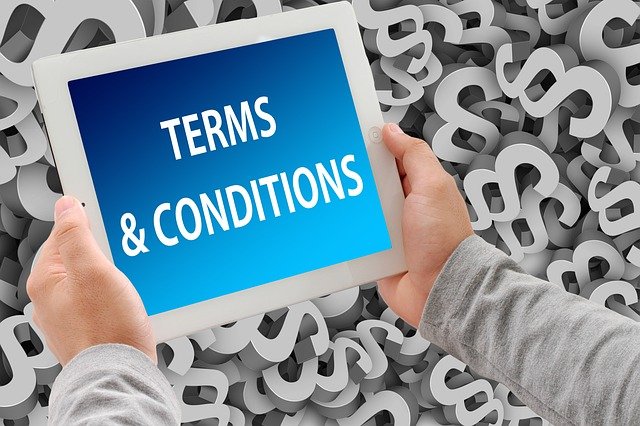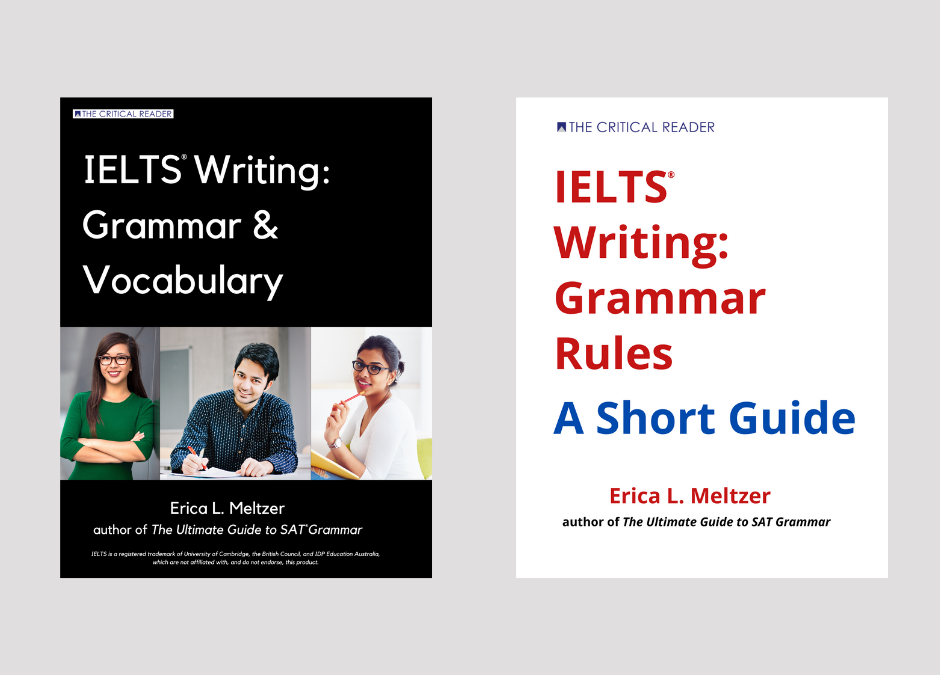
by Erica L. Meltzer | May 9, 2021 | IELTS, Issues in Education, Tutors
Image from Andrea Piacquadio, www.pexels.com
I have a somewhat ambivalent relationship with social media. Given what I do and the nature of my audience, it’s pretty much a necessary evil, albeit one I dip in and out of depending on the demands of my other projects. For the past month or so, I’ve had a bit more free time than I’ve had in a while, and it occurred to me that perhaps I should make an attempt to revive my long-neglected Instagram account (a decision of which the algorithm unfortunately does not seem to approve). Having recently taken some steps into the world of English-language proficiency exams, I got curious and decided to explore the social-media ESL world. If nothing else, it was certainly an eye-opening experience.
I don’t have a clear sense of what proportion of my readership is made up of students living outside the United States, although my sense is that most of them attend either international schools or English-immersion programs and speak the language at a very high level. Based on some of the messages I’ve received, however, I’m aware that this is not the case for everyone.
For that reason, and because the internet has basically swallowed real life whole, I feel obligated to offer this warning: to anyone attempting to use social media to supplement their study for English proficiency exams (TOEFL or IELTS), please be extraordinary careful about whom you follow and take advice from. And if you are a tutor who works internationally, please make sure your students understand the difference between “Instagram English” and “school English.” To describe the linguistic misinformation out there as “mind-boggling” is an understatement. (more…)

by Erica L. Meltzer | Apr 30, 2021 | Blog, ESL, IELTS
Over the past several months, I’ve read an enormous number of essays written by non-native English speakers, and in addition to the expected difficulties, I’ve noticed a handful of recurring issues that rarely get addressed — I suspect because most native English speakers don’t realize that the particular concepts in question can get confused in those particular ways.
One of the most common of these issues is the confusion between the simple present and the conditional, and more specifically between can and could.
Errors involving these forms are often fairly subtle; they’re not absolutely wrong in the same black-and-white way as errors involving, say, confusion between the present perfect and the simple past (e.g., I have graduated from university last year rather than I graduated from university last year), and I think that’s also why they tend to get missed. Using could correctly is often more about implication and context than adhering to a clear-cut rule, which is why even very advanced speakers may still struggle with it. (more…)

by Erica L. Meltzer | Mar 27, 2021 | IELTS
Attention international students: if you are planning to sit for the IELTS, I have created a new page covering 25 of the top grammar concepts necessary for success on the Writing portion of the exam. While you will not of course be directly tested on them, you will absolutely be expected to integrate many of them into your Task 1 and Task 2 essays. And if you want to have a shot at a Band 7 score or higher… you need to have a pretty solid grasp of them.
This material is also available as a free PDF download. If you’d like the super-condensed version, I’ve also posted a two-page “cheat sheet” (free as well). (more…)


